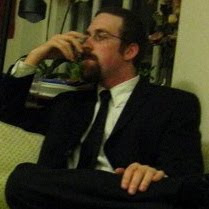1. Moshe broke the Torah with the people. Whether intentionally or not, Moshe demonstrated a profound identification with the people breaking the Torah right before his eyes. He saw them breaking into pieces before him and so he broke the Torah in front of their eyes, in front of God's.
2. The Torah needed to broken to make a way for t'shuvah. By showing that the Torah could be broken and then set right, we also learned that we could be broken and then made right.
This, of course finds its ultimate conclusion in Yeshua, through whom breaking is the prerequisite for wholeness-a process in which we are invited to participate
This year, in reading Ki Tissa I discovered yet another layer: God cares more about our relationship with Him than our relationship to the written word. Don't get me wrong, I will still kiss every holy sefer that falls to the ground...I will still fast if I witness a Torah scroll fall (chas v'shalom). Nevertheless, God had not a single word of protest at Moshe's act. He simply told Moshe to write a new one. However, the people started worshiping a calf and He was ready to call the whole thing off! God loved those made in His image more than the stone bearing the imprint of his finger alone.
I wonder if that's still true. I wonder if God would care less seeing me throw a TaNaKh into a river rather than seeing me make a god of anything other than Him. I'm humbled to admit I'm more likely to do the latter than the former (in fact I have). I pray we all let the Torah written within us be put back together when it breaks, when we break.
